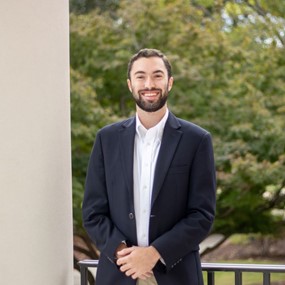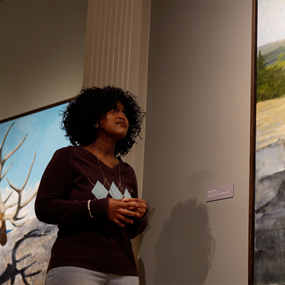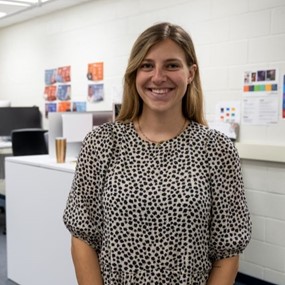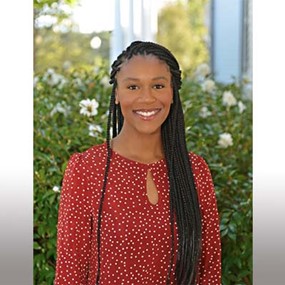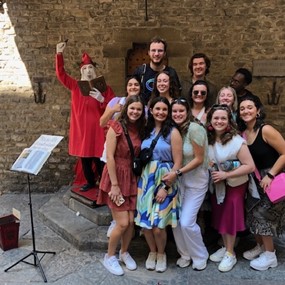Social work student Cameron Allen learning Arabic to build skills, cultural awareness
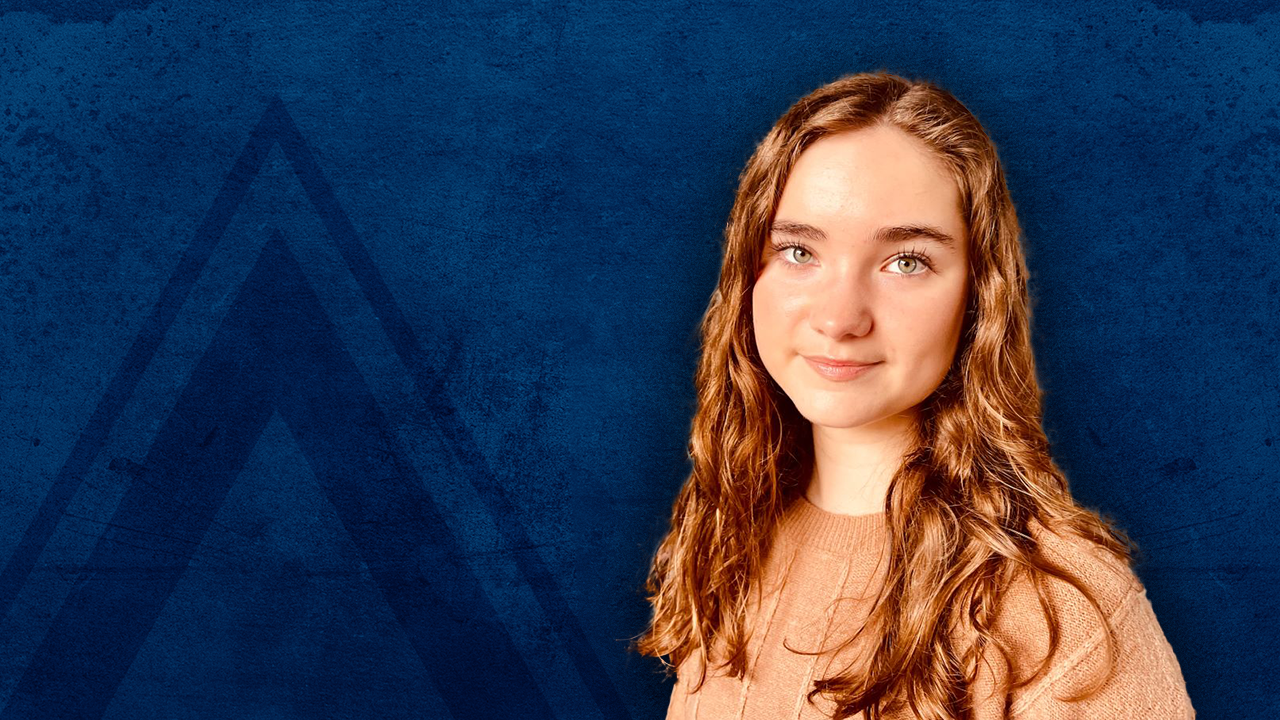
More careers than ever demand a global education, so to prepare for her future as a social worker, sophomore Cameron Allen began building language skills in the College of Liberal Arts’ Arabic courses.
Allen said her desire to help people drove her to study social work, and by learning another language, she’ll be able to communicate and connect with more people in need.
“Arabic is a very challenging but beautiful language,” Allen said. “Eventually, as a social worker, I would like to work with populations of immigrants and refugees and hopefully be able to use it there, but I’m also interested in befriending other Arabic speakers in my social life.”
Arabic is the sixth official language of the United States and designated as a “critical language.” More than 300 million people speak Arabic worldwide, and proficiency in the language provides a competitive edge in the global job market.
Allen said after just one semester, she learned to write in Arabic and adapt outside of her comfort zone.
“It’s a completely different alphabet,” Allen said. “Also, you’re having to speak in front of people in a language that you don’t know how to speak and so it can be uncomfortable, but also confidence-building. Being able to insert yourself into an uncomfortable situation and grow from it is a really good skill to have.”
The study of foreign languages improves communication skills, problem-solving, memory, creativity and cultural awareness. Learning a second language can also make international travel easier, provide more career opportunities and lead to higher grades.
Auburn’s Arabic curriculum provides two courses in elementary Arabic, which give a foundation of the language, and two advanced courses, which provide proficiency in the language and may be taken abroad. Arabic can also be taken as part of the Middle East/Africa concentration in the International Studies major.
Students in Arabic also experience the food, music and culture associated with the language as part of the curriculum.
“Our professor brought us tea and food and we talked more in depth about the culture,” Allen said. “Since it’s also a smaller class, you get to know your classmates on an individual level, which is nice to have that camaraderie, and get more one-on-one time with the professor. Arabic is definitely a great choice and it’s not as hard as it looks.”
Find more information about Arabic in the Department of World Languages, Literatures & Cultures.
Tags: World Languages Literatures and Cultures Students Social Work

